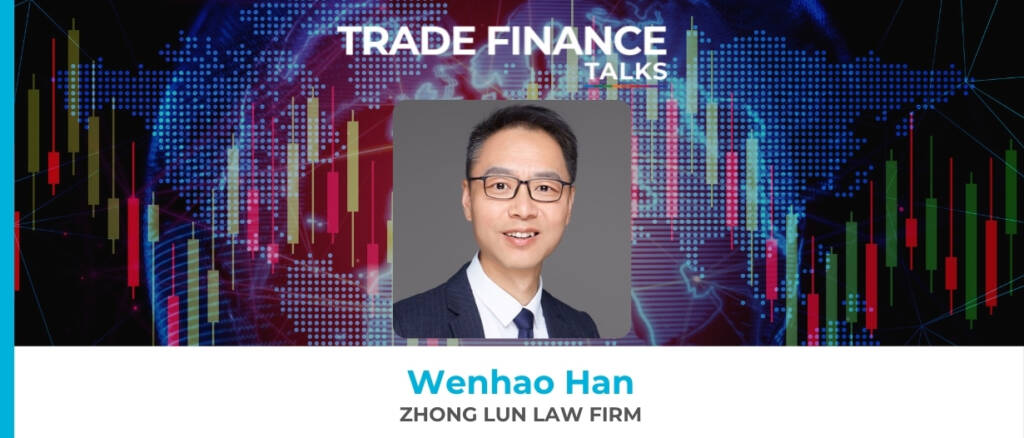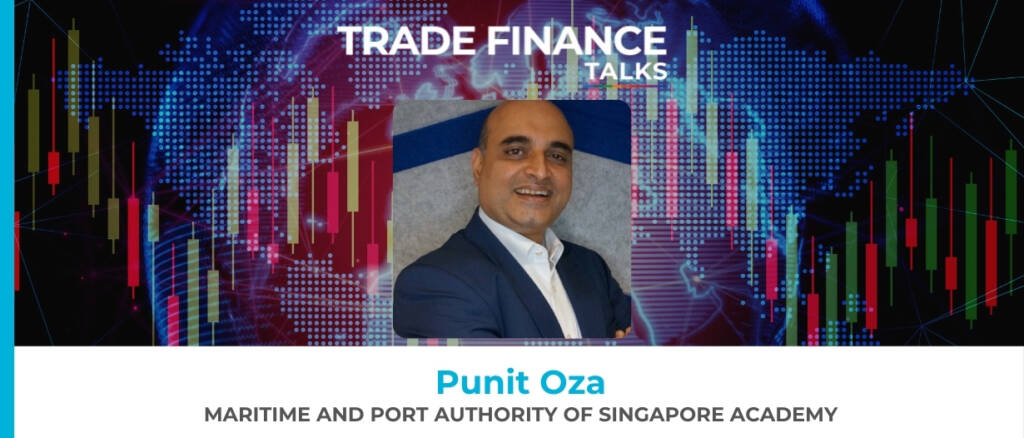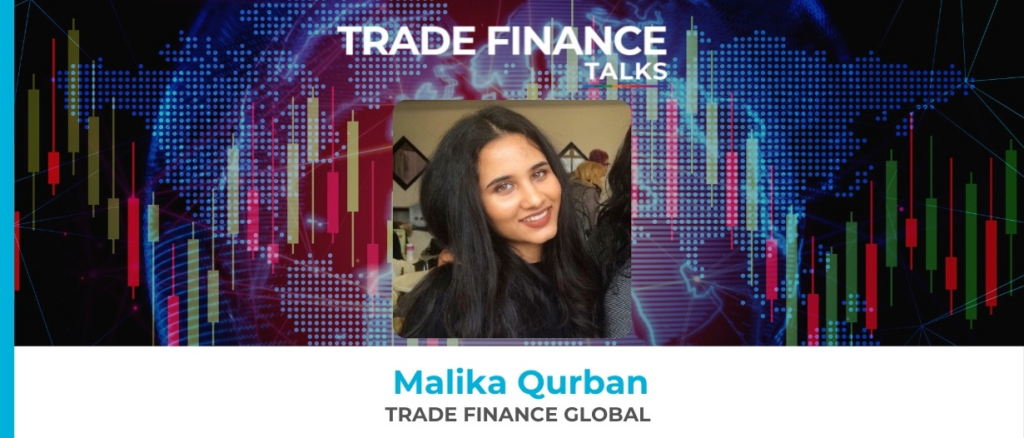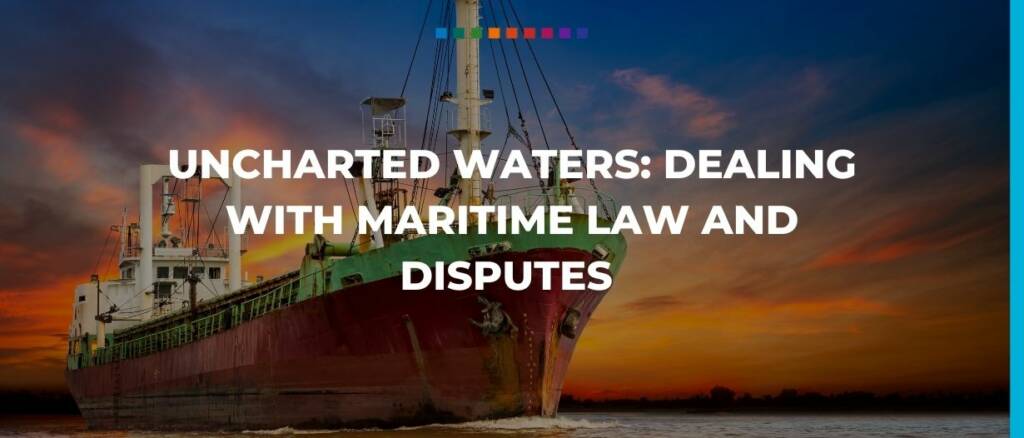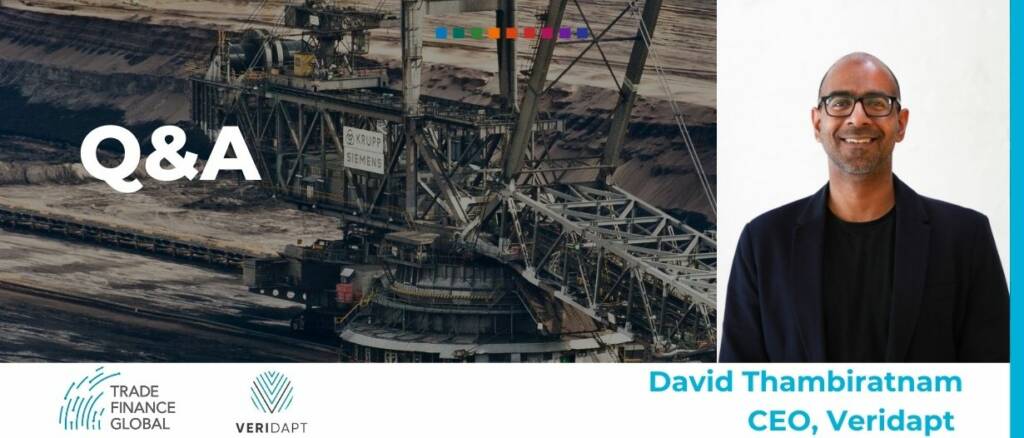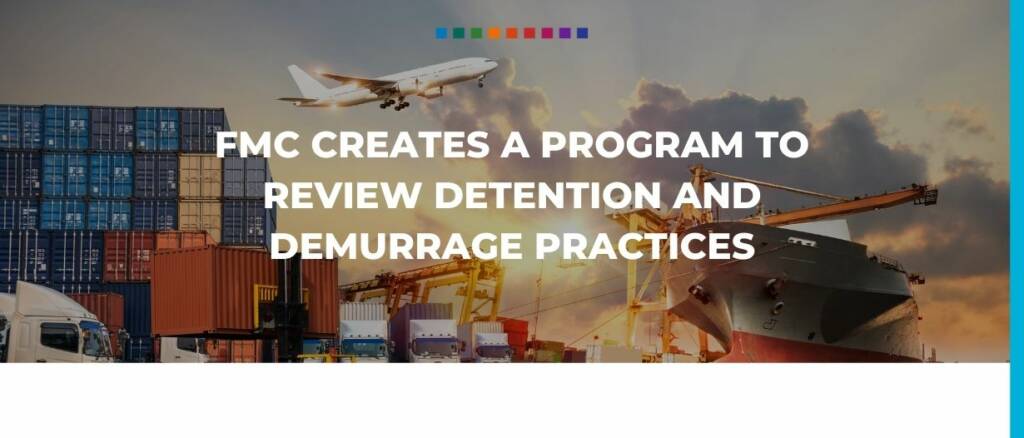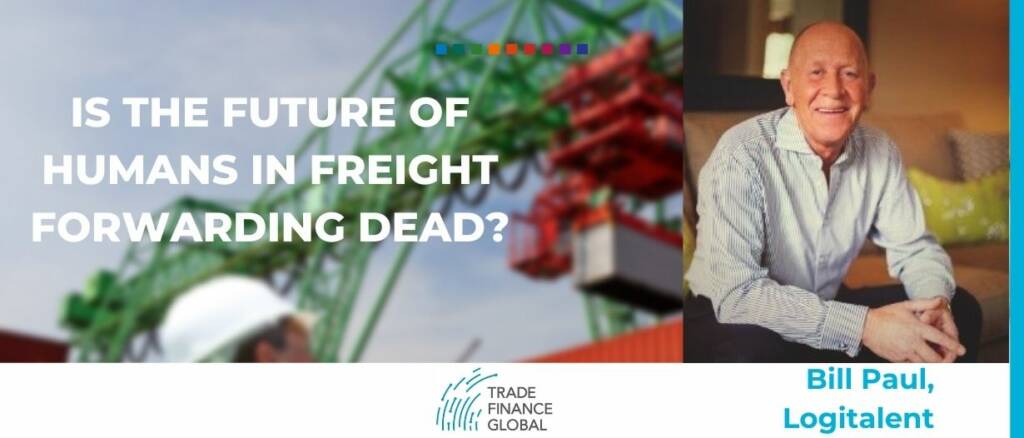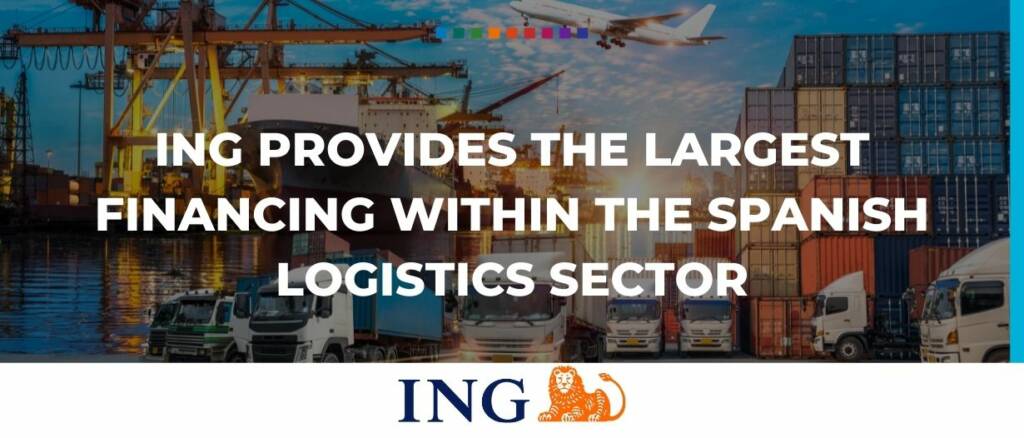The impact of the March 2021 incident of the container ship M.V. Ever Given with around 18,300 containers onboard running aground in the Suez Canal has generated international attention and its consequences will continue to unravel for years to come.
TFG heard from Punit Oza, Executive Director at the Singapore Chamber of Maritime Arbitration, who talked about the main pillars that support a transforming organisation in the commercial shipping and freight sector.
COVID-19 puts international trade to a halt following the closure of the Ningbo-Zhoushan port in China and causing a global microchip shortage. There are other unanticipated issues to account for, such as the Suez Canal blockage.
Maritime law or Admiralty law regulates commerce and navigation on the high seas and other navigable waters. Here is everything you need to know about maritime disputes.
Contour announces partnership with Global Shipping Business Network (GSBN) to offer an end-to-end digital solution that will create a seamless connection between the physical supply chain and the financial system.… read more →
TFG’s Joana Fabiao, had the opportunity to sit down with David Thambiratnam, CEO of Veridapt, a global force in commodity management for over 15 years.
The Federal Maritime Commission (FMC) has created a new program that aims to review the detention and demurrage practices of ocean carriers. This is an effort to ensure all relevant… read more →
Bill Paul, one of the most recommended Logistics Recruiter on LinkedIn, discussed the future of jobs in the Freight Forwarding industry.
ING has underwritten the full refinancing of leading Iberian logistics assets developer Montepino Logística (‘Montepino’) for €470 million. The bank is one of the most active firms in the Iberian real… read more →
How effective technology and financing can bring international shipping into the twenty-first century















